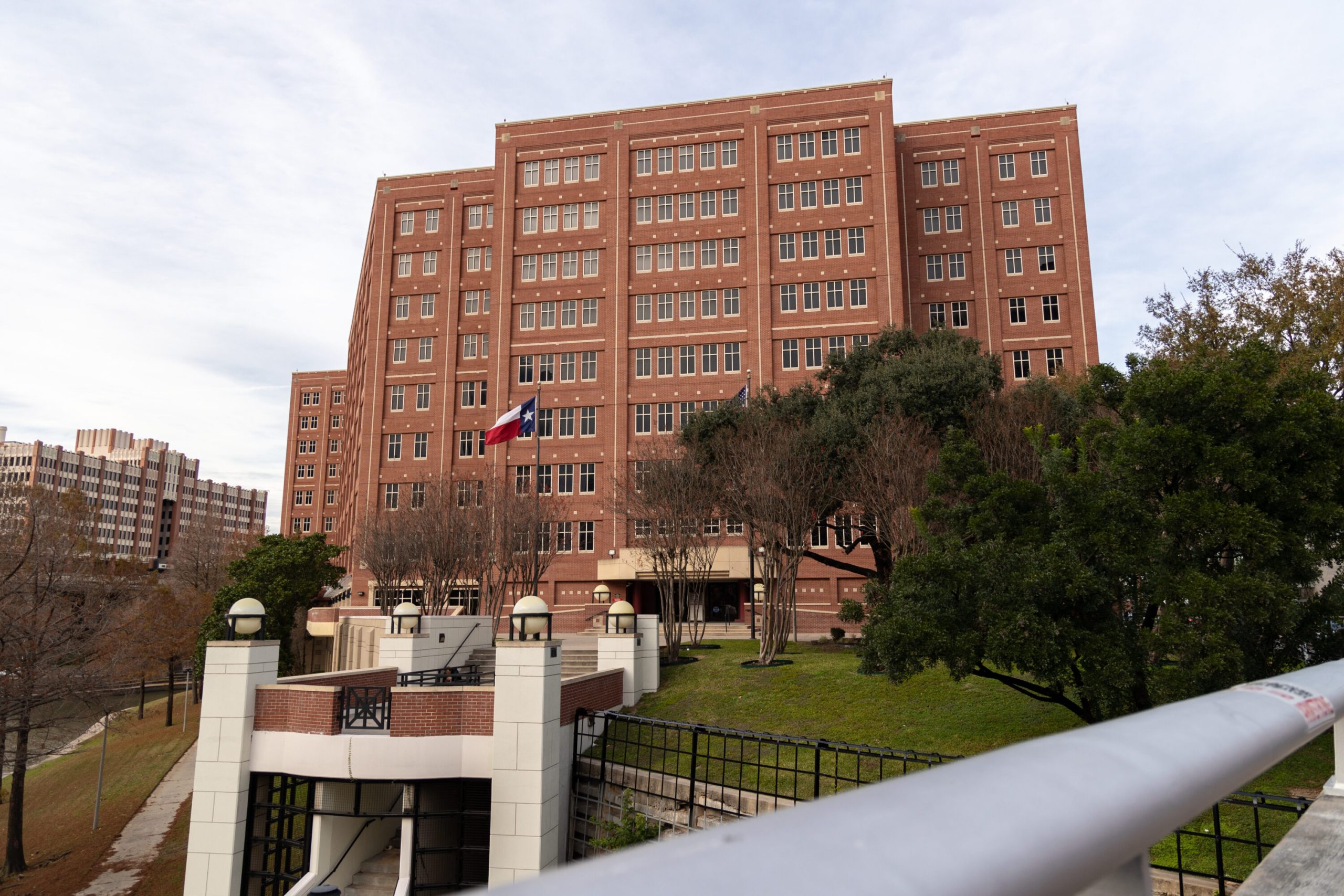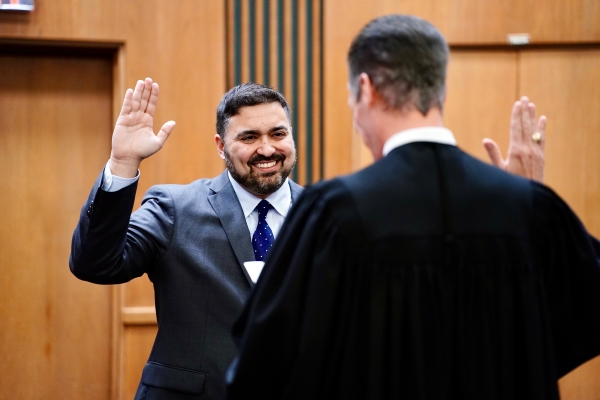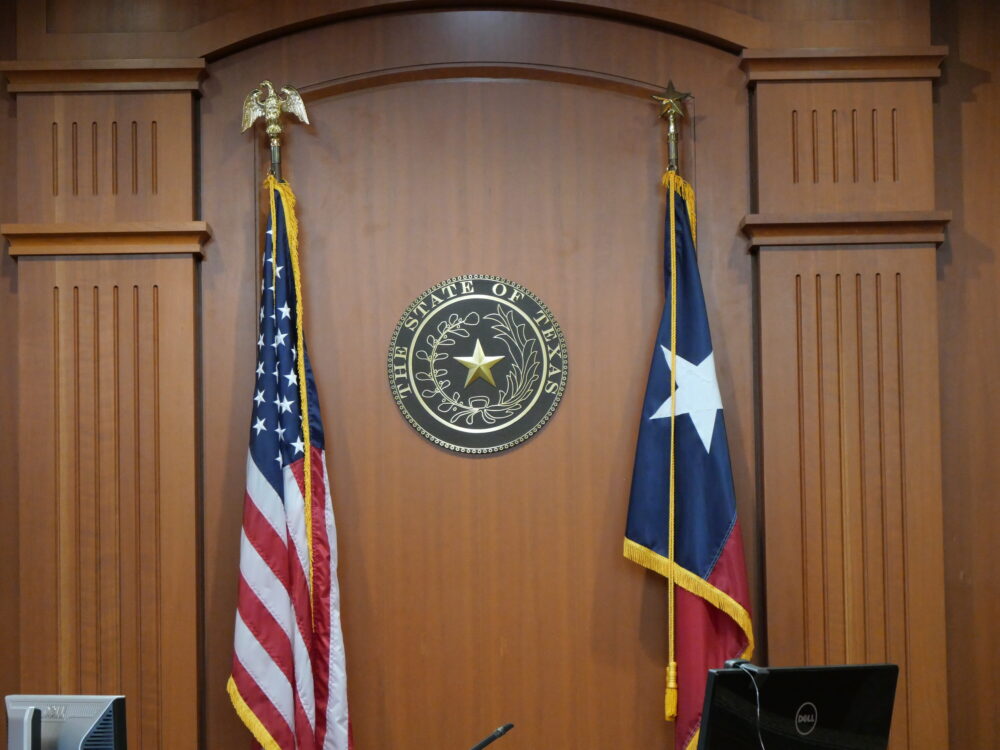Following the discovery of a loaded weapon concealed in a prisoner’s personal wheelchair for almost a month, personal mobility aids are no longer permitted within the Harris County Jail.
When jail authorities discovered the weapon inside a seat cushion on a wheelchair that 53-year-old Tyrone Kennedy used after being arrested in late October, the policy change took effect on November 26. Following an anonymous tip, the Harris County Sheriff’s Office claims to have found the firearm.
An internal memo detailing the policy change for handling medical mobility devices was delivered to all correctional employees just hours after the gun was found. The new regulation states that all medical mobility aids must be properly examined upon booking, taken from the accused person’s possession, and stored for protection.
At the time of confiscation, inmates will subsequently be moved into a device of equivalency controlled by the county. The personal mobility aid will be cleaned and given back to the inmate upon their release.
The internal document lists the following as medical mobility aids:
- wheelchairs
- walkers
- canes
- crutches
- any medical device utilized to assist with physical movement of an individual
According to a sheriff’s office representative, the order is applicable to those who are processed into the jail, not guests.
The Texas Commission on Jail Standards (TCJS) discovered during an inspection in mid-December that when Kennedy was booked into the jail, guards failed to search his personal wheelchair.
According to Texas law, every prisoner must undergo a comprehensive pat or frisk search both when they first enter the jail and before they are booked. Inmates may also undergo a comprehensive strip search to look for weapons and other items that could endanger the facility’s safety or security.
State legislation, however, does not provide precise protocols for handling medical mobility aids at the time of inmate booking.
According to Brandon Wood, executive director of the TCJS, jail employees are in charge of making sure that illegal items are not entering the building. A delivery vehicle delivering a box of veggies would be the same thing. It is important to have an officer inspect all deliveries to a facility to make sure that no illegal items have entered. It’s basically basic jail procedures.
On December 13, Phillip Bosquez, an assistant chief of the Harris County Sheriff’s Office who is in charge of the facility, sent an email to a TCJS inspector outlining the policy change.
Bosquez claims that in order to guarantee that the jail would have a backup supply to maintain in compliance with the guideline, they had ordered 25 additional wheelchairs following the event. According to Bosquez, the department began receiving the new chairs in the first week of December.Although they would have an adequate number, a sheriff’s office representative did not specify how many county-owned mobility aids would be available in the jail.
Bosquez added that they were nearing completion on acquiring a full body scanner for one of the correctional facilities’ front entrances. The Joint Processing Center, where persons are booked and discharged, currently has a body scanner on the second floor. In order to conduct a more complete check of medical devices, Bosquez stated that they are working to put mobility aids that are fixed on the wall where inmates are examined.
According to Bosquez, they also intend to purchase additional mobility aids like walkers, crutches, and any other big objects that can conceal illegal goods.
Bosquez said, “The administration is confident that no wheelchairs from the outside can enter the facility with actions taken immediately on the day of the incident.” The extras will simply strengthen our already improved safety protocols.
Below, you can read the internal memo detailing the policy change:




